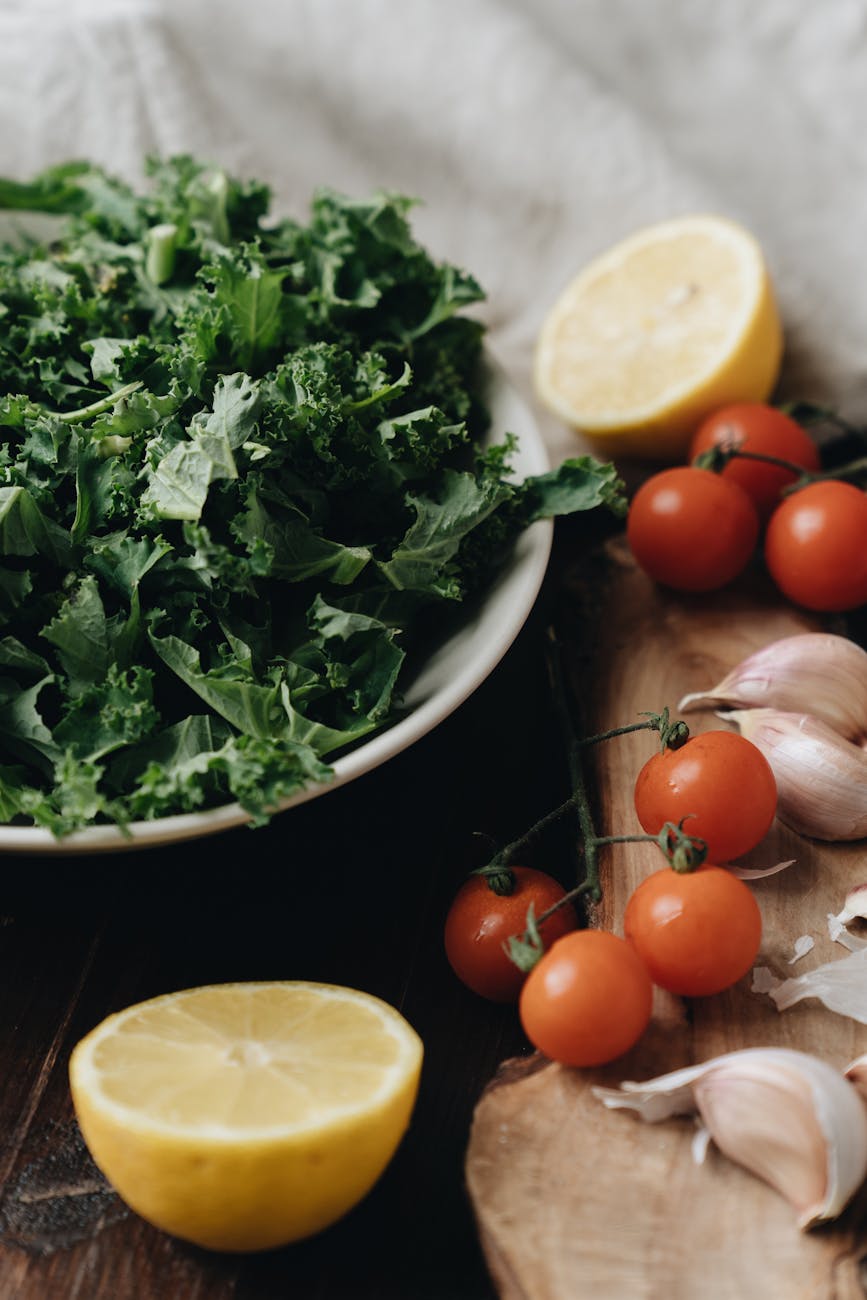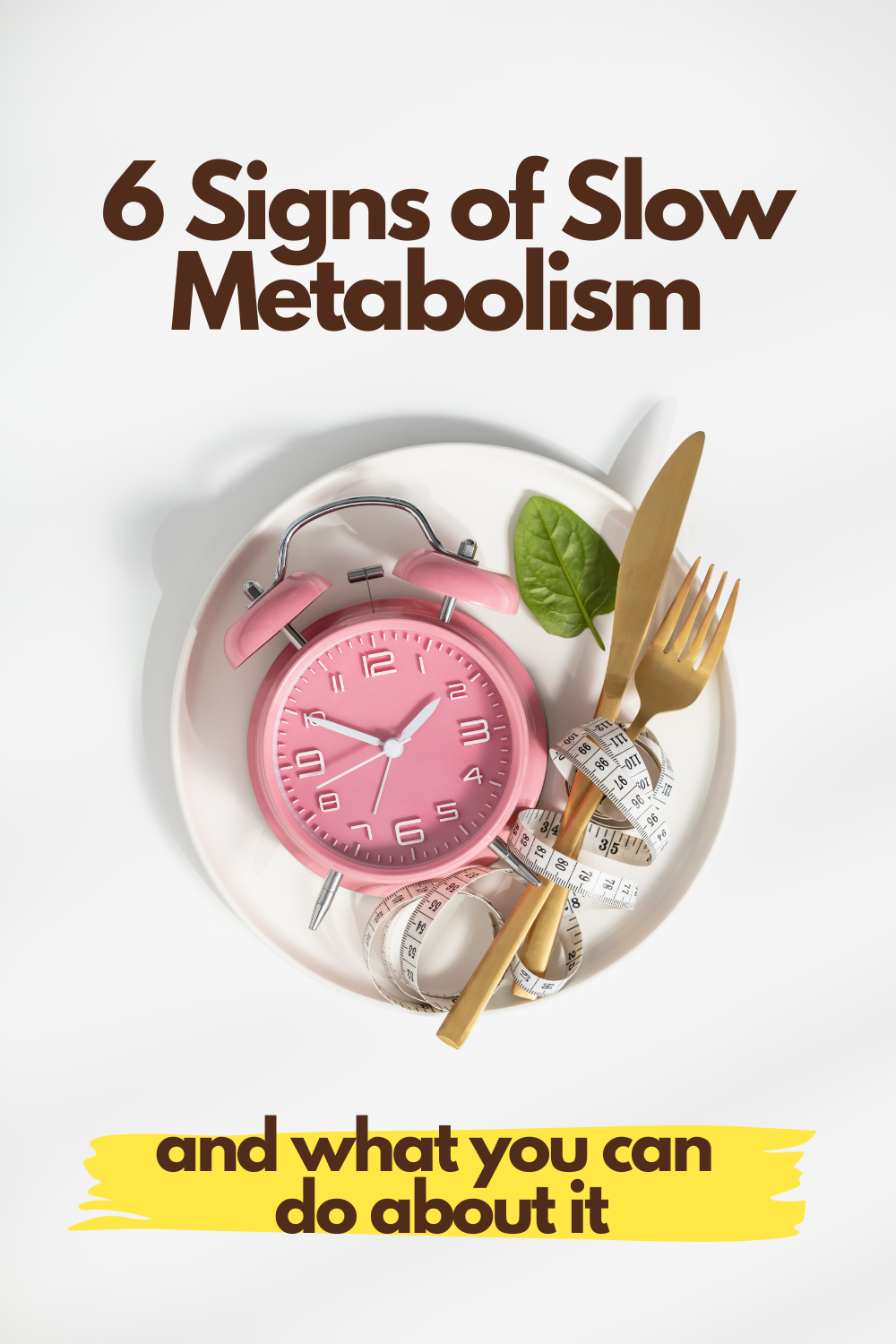Losing weight can have a profound impact on every aspect of a person’s life. Beyond just the physical changes, weight loss can lead to improvements in mental and emotional well-being, increased energy levels, and a greater sense of overall vitality. The holistic effects of weight loss encompass not only changes in appearance, but also improvements in overall quality of life. confidence, mood, and sleep. There are, however, two crucial things to do when you are on a weight loss journey- one is detoxing and the other is build muscle.

Weight Loss Releases Stored Toxins
When we lose weight, the fat cells in our body release stored toxins into the bloodstream, which can have negative effects on our health. This is why detoxing is important when losing weight, as it helps to flush out these toxins from the body. By cleansing the body of these harmful substances, we can support our overall well-being and aid in the weight loss process. Detoxing can also promote better digestion, improve energy levels, and enhance the body’s natural detoxification processes, ultimately contributing to a healthier and more balanced lifestyle. Some ways to detox are
- Hydration: Drinking plenty of water helps to flush out toxins from the body and supports overall detoxification.
- Herbal teas: Certain herbal teas like dandelion, ginger, and green tea can support the body’s natural detox processes.
- Clean eating: Focus on a diet rich in fruits, vegetables, and whole foods while avoiding processed foods, sugar, and excessive amounts of caffeine and alcohol.
- Exercise: Regular physical activity can help sweat out toxins and support overall health.
- Dry brushing: This technique involves using a dry brush to exfoliate the skin and stimulate the lymphatic system, aiding in detoxification.
- Sauna or steam therapy: These can help the body eliminate toxins through sweating.
- Meditation and deep breathing: Stress can contribute to toxin build-up, so practicing relaxation techniques can support holistic detoxification.
- Adequate sleep: Getting enough rest allows the body to repair and rejuvenate, supporting natural detox processes.
- Clean up your cosmetics, personal care, and home cleaning products: Many of these products contain chemicals that, if used regularly, will continue to get stored in your adipose cells and can hinder weight loss.
- Include cruciferous vegetables and foods that contain antioxidants: These are broccoli, cabbage, kale, book chow, Brussel sprouts, cauliflower, spinach, dandelion greens, berries, bell peppers, sweet potato, tomatoes, citrus fruits, omega 3 fatty acids. These help the liver to break down toxins, and provide immune-boosting compounds to keep the body strong enough to clear them without getting sick.

Muscle Can Disappear As You Lose Weight
When the body is in a calorie deficit, such as during weight loss, it can lead to the loss of muscle mass along with fat. This occurs because the body breaks down muscle tissue for energy when it’s not getting enough calories and nutrients from food. Additionally, when individuals engage in prolonged periods of cardio and don’t incorporate strength training, the body may also break down muscle tissue to use as a source of energy. This muscle loss can result in a slower metabolism and decreased strength, making it more challenging to maintain weight loss and stay healthy in the long term.
Preserving muscle mass during weight loss is crucial for several reasons. Firstly, muscles play a key role in supporting the body’s metabolism, so preserving muscle mass can help maintain a higher metabolic rate and support ongoing fat loss. Secondly, maintaining muscle mass is essential for overall strength and functionality. By engaging in resistance training and consuming adequate protein, individuals can help preserve and even build muscle while losing weight, leading to a healthier and more sustainable outcome.

Try These Muscle-building Exercises
1. Progressive Overload: Gradually increase the weight or resistance used during exercises to challenge your muscles and promote muscle growth.
2. Compound Exercises: Incorporate multi-joint movements such as squats, deadlifts, and bench presses to work multiple muscle groups simultaneously.
3. Resistance Training: Use bands, kettle bells, hand weights, or body weight to strengthen and build muscle.
4. Adequate Rest and Recovery: Allow your muscles to recover between workouts to facilitate growth. Aim for 7-9 hours of quality sleep each night and incorporate rest days into your training plan.
5. Consistent Training: Stick to a regular exercise routine that includes both strength training and cardiovascular exercises to support overall muscle development and fitness. Wear a tracking device to monitor your heart rate when exercising so that you stay in either a calorie-burning or fat-burning zone. This device is helpful in telling you how exercise and your nutrition play a key role in your weight loss efforts.
How Much Protein Should You Eat?
To calculate your adequate protein needs, you can use a simple formula based on your body weight. The general recommendation is to consume around 0.36 grams of protein per pound of body weight. However, if you are particularly active or looking to build muscle, you may need to increase this amount. For example, if you weigh 150 pounds, you would aim to consume around 54 grams of protein per day. It’s important to consider your individual needs and consult with a nutritionist or healthcare professional for personalized recommendations.









Leave a comment